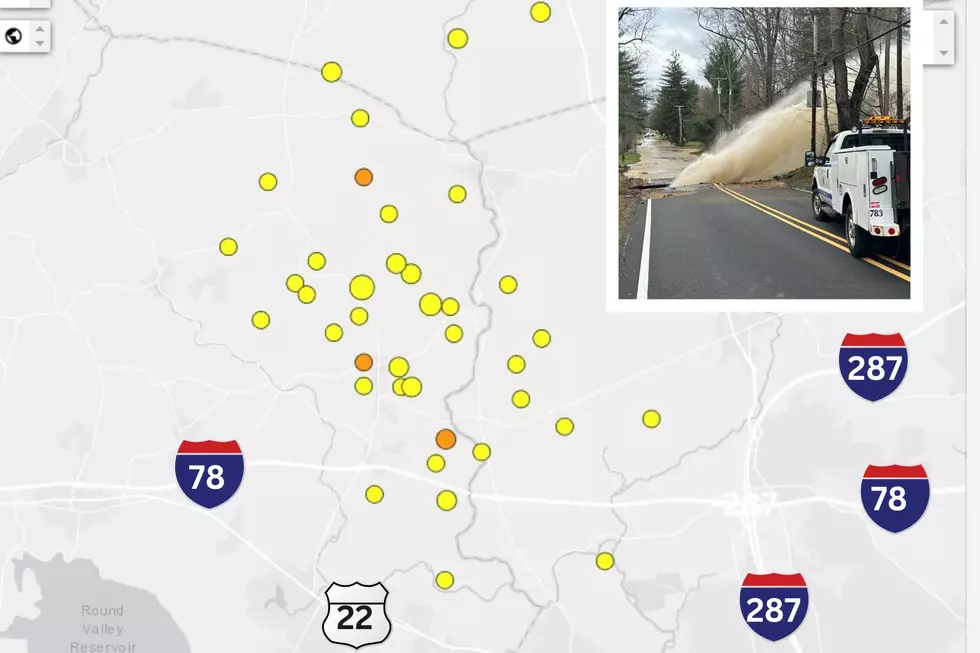
10 raccoons with rabies reported in Denville
DENVILLE — As many as 10 rabid raccoons have been reported here over the past three weeks, according to the township's animal control officer.
An alert was issued by Denville Police urging residents to not approach wildlife that appears to be sick or injured. Residents were also advised to make sure their family pets are immunized.
Township Animal Control Officer Meredith Petrillo told the Morristown Daily Record she has handled 10 raccoons that tested positive. She told the Record that all 10 were out during daylight hours.
Petrillo told the Record that in one case, she told a police officer to shoot an obviously rabid raccoon when it attacked a man walking his dog in the Park Ridge section, then started to come after the officer.
There have been several encounters with rabies-infected animals this summer in New Jersey, including a coyote in Union Township (Hunterdon), a cat in Blairstown, and a raccoon at Cheesequake State Park in Matawan.
Other common carriers of the virus are skunks, foxes, woodchucks, bats, and unvaccinated feral (stray) animals.
Rabies is a potentially deadly disease that can be transmitted by bites, scratches, or possibly by contaminated saliva coming in contact with any open cuts or in contact with your eyes. It is caused by a virus found in the saliva of rabid animals.
Some guidelines from the Middlesex County Department of Health issued during a 2018 outbreak:
1. Immediately report a bite from a wild or domestic animal to your local health department. Wash animal bite wounds thoroughly with soap and water as soon as possible. Contamination of open cuts and scratches with saliva of potentially rabid animals should also be washed off immediately.
2. Consult a physician as soon as possible.
3. Immediately report any wild animals showing signs of unusual behavior:
• Moves slowly
• May act as if tame
• Appears sick
• Has problems swallowing
• Has an increase in saliva
• Has increased drooling
• Acts aggressively
• Has difficulty moving
• Has paralysis
• Bites at everything if excited
4. Be sure that all family pets are up to date on their rabies vaccination. If unsure, please call your veterinarian. Call your local health department for free rabies vaccination clinic availability.
5. Animal-proof your home and yard. Make sure all garbage containers have tight-fitting lids, do not leave pet food or water outside, do not allow rainwater to collect in outdoor containers or equipment, and keep yards free of garbage and debris.
6. Do not feed or handle wild animals.
7. Avoid contact with stray animals or pets other than your own.
8. Try to prevent your pets from coming into contact with wild animals.
9. Screen off vents to attics and other areas that could provide shelter for bats.
Contact reporter Dan Alexander at Dan.Alexander@townsquaremedia.com or via Twitter @DanAlexanderNJ.
More from New Jersey 101.5:
More From New Jersey 101.5 FM









